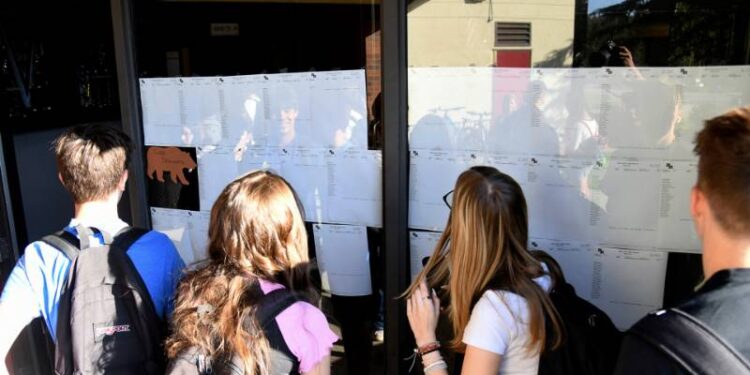Now that school choice is being touted not only by Republicans but also by Democrats, after public school students’ test scores took a nosedive as a result of school districts’ COVID-19 policies, it is a good moment to reintroduce rigor to American education writ large.
I have been a college-level writing instructor at several universities, ranging from an elite ivy league institution to middling state schools, for more than a decade. Most of my students have been bright, hard-working and ambitious. But most of them could not reliably construct grammatical sentences.
This inability to write at what was once considered a fifth-grade level is now the norm among students of all socioeconomic backgrounds, races and ethnicities. It is also the predictable result of the overemphasis on self-expression at the expense of excellence that has been driving the decline of American K-12 and higher education for decades.
Educational “experts” who purport to know what is best for children have long presided over increasing illiteracy and innumeracy, and a widening achievement gap. These so-called experts, beginning with those in the academy, are impervious to ever-mounting evidence that the more we do what they prescribe the worse things get.
To fix the manifold problems in American education and in the broader culture that schools and universities are producing, we will need to recover two related ideas that are anathema to today’s educational establishment: First, that mastery of a subject or skill is recognizable and worthy of praise; second, that the discipline of mastery (which should be common) is not the opposite of creativity (which is rare), but a prerequisite for it.



